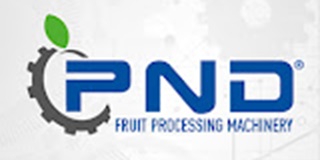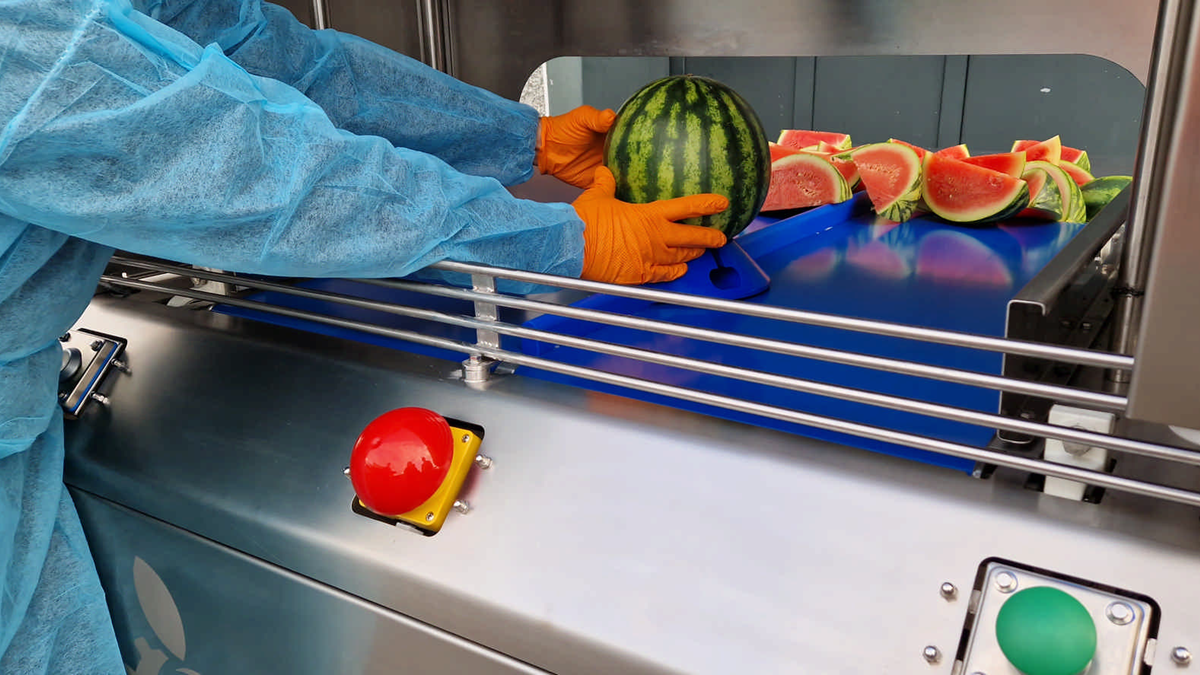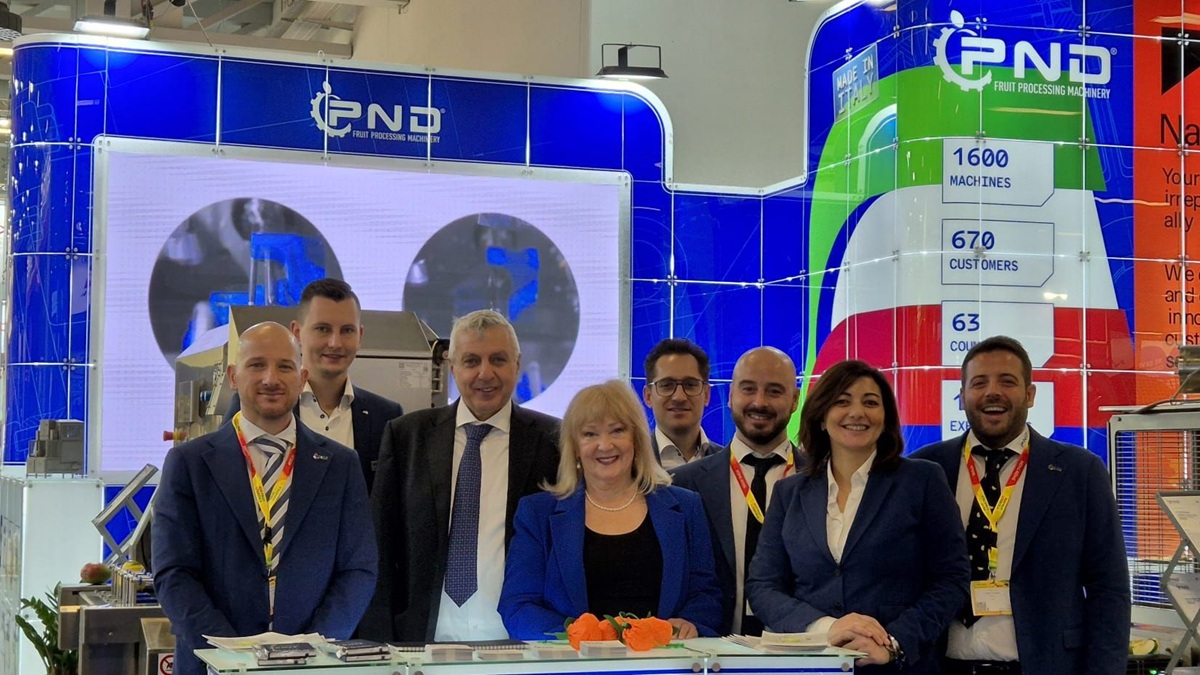

PND
Processing
PND Revolutionizes Minimally Processed Pumpkin, Watermelon, and Melon with the New PWS Cutter
PND introduces the PWS semi-automatic cutter, an innovative and efficient solution for processing pumpkin, watermelon, and melon, enhancing safety, flexibility, and quality in the minimally processed food industry

The market for minimally processed products continues to grow, driven by the increasing demand for ready-to-eat, high-value fruits and vegetables. In this context, technological solutions that optimize fruit processing—ensuring efficiency, safety, and superior quality—play a key role in the evolution of the industry.
As a leader in the design and manufacturing of fruit processing machinery, PND responds to this demand with innovative, highly specialized equipment. A prime example of their commitment to advanced technology is the PWS model, a semi-automatic cutter launched in November, which stands out for its precise adaptability to the processing of pumpkin, watermelon, and melon, offering versatility and efficiency in cutting.
PWS Model: Versatility and Safety in Cutting
The PWS wedge cutter is an ideal solution for processing both peeled and unpeeled pumpkin, watermelon, and melon. Its manual feeding system provides great flexibility, allowing for various cutting styles to meet the specific needs of each customer.
One of the key features of the PWS model is its ease of use. Both the blade and the fruit holder are easily interchangeable, enabling quick adjustments to different cutting formats, thus increasing operational versatility. Additionally, the design includes a synchronized start-up system, requiring the activation of two buttons by the operator, ensuring a safer working environment by preventing accidental activation. To further enhance safety, the machine is equipped with protective barriers that shield the operator during operation, minimizing any risk.
Manufactured entirely from AISI 304 stainless steel, the PWS model ensures high durability and resistance to the demands of industrial environments. All machine components are easily replaceable, and the parts in contact with the fruit comply with the strictest sanitary standards, guaranteeing the highest levels of hygiene and food safety.
The cleaning and maintenance process for the PWS model is both efficient and straightforward, contributing to higher operational productivity. Additionally, it comes equipped with two standard-sized product output conveyors (1200 mm x 400 mm), optimizing the handling and distribution of the final product in a convenient and effective manner.
Pumpkin Processing: Precision and Labor Savings
The PWS model is particularly efficient for processing pumpkin, a product that traditionally requires a significant amount of labor. Thanks to its robust and efficient design, it is possible to peel and cut the pumpkin into various formats, optimizing resources and significantly reducing processing times. This system maximizes product utilization, contributing to both profitability and operational sustainability.
Watermelon and Melon Cutting: Safety and Uniformity
For larger fruits like watermelon and melon, the PWS model offers cutting solutions in halves, quarters, or eighths with precision and uniformity, meeting the requirements of the minimally processed product industry. These cuts are ideal for creating ready-to-eat products commonly found in supermarkets, catering services, and foodservice lines. Furthermore, the machine's design reduces the risk of operator injury and improves process hygiene, which is crucial for compliance with food safety regulations.
Competitive Advantages of the PWS Model
The PWS model offers a range of key competitive advantages, including:
-
Reduced Operating Costs: The automation of the process reduces the need for manual intervention, resulting in significant reductions in labor and operational costs.
-
Improved Operator Safety: Advanced safety features, such as synchronized start-up and protective barriers, ensure a safer working environment.
-
Flexibility: The ability to adapt to different types of fruits and cutting formats offers great versatility, allowing operators to quickly respond to changing market demands.
-
High Product Quality: The precise cutting process preserves the organoleptic properties of the fruit, ensuring a superior quality final product.
With the PWS model, PND strengthens its commitment to innovation in the fruit and vegetable sector, providing technological solutions that enhance the efficiency, competitiveness, and sustainability of businesses in the minimally processed food industry.









